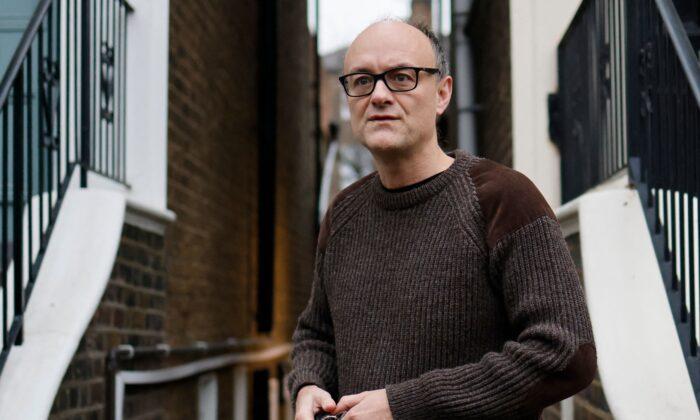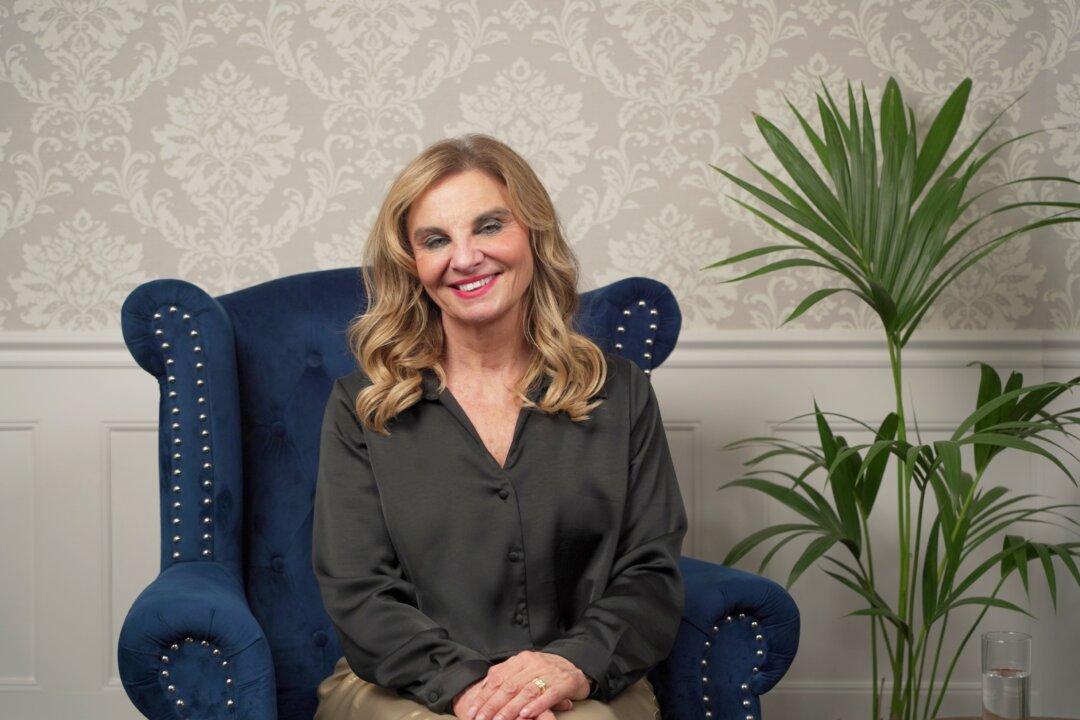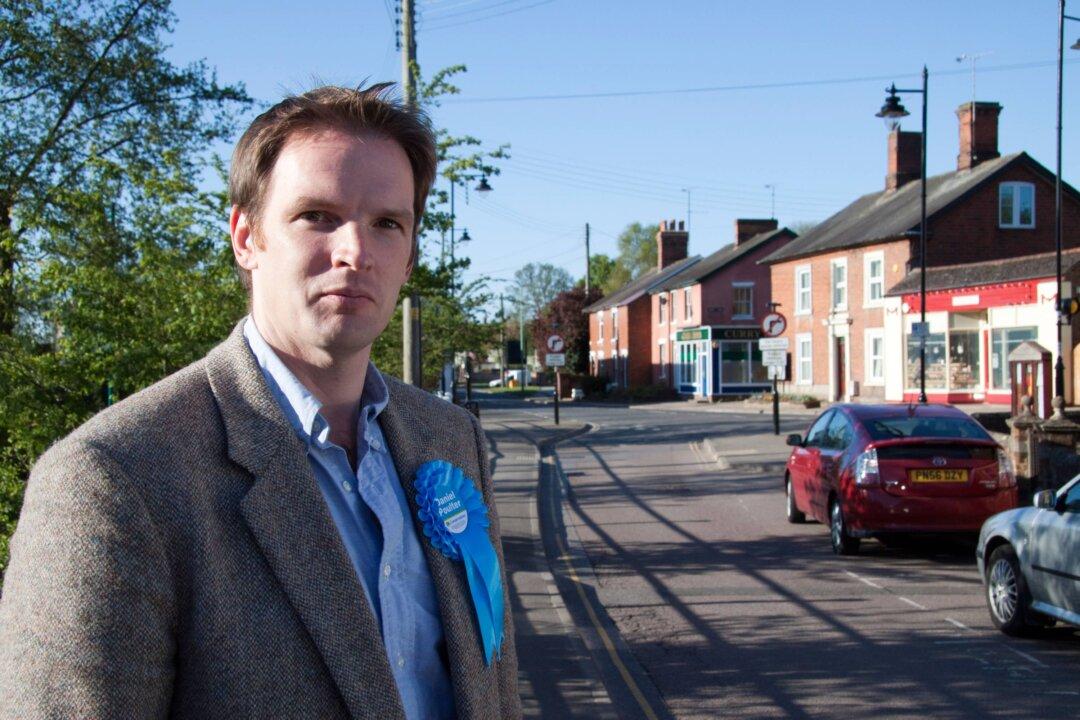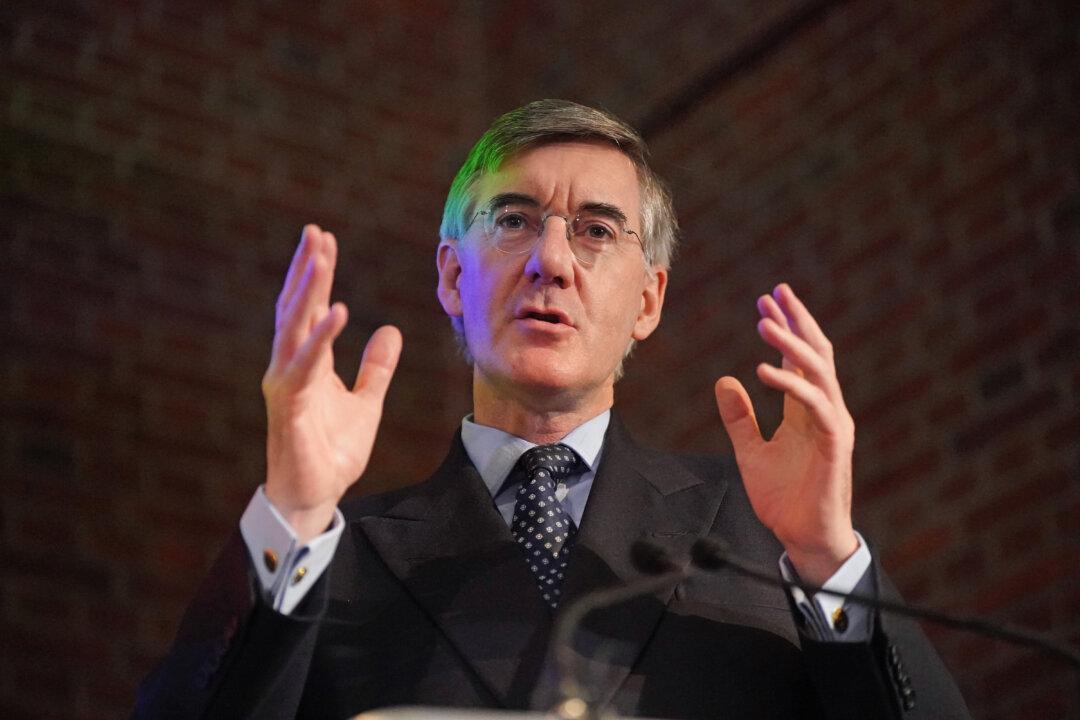“The deep state is real,” according to Dominic Cummings, former Prime Minister Boris Johnson’s ex-chief advisor.
But in his view, it’s often “very good, sensible, intelligent,” and experienced officials trying to “stop the idiots who are being elected doing terrible things.”
COVID-19 Lockdown
Cummings spoke of how Johnson and Hancock were pressured by officials into locking down the country in March 2020, after COVID-19 was declared a global pandemic.“There was an official plan which was herd immunity,” Cummings said, adding that the plan came from the Cabinet Office and the Department of Health and Social Care, which “kept thinking that ... this was the only way of handling it.”
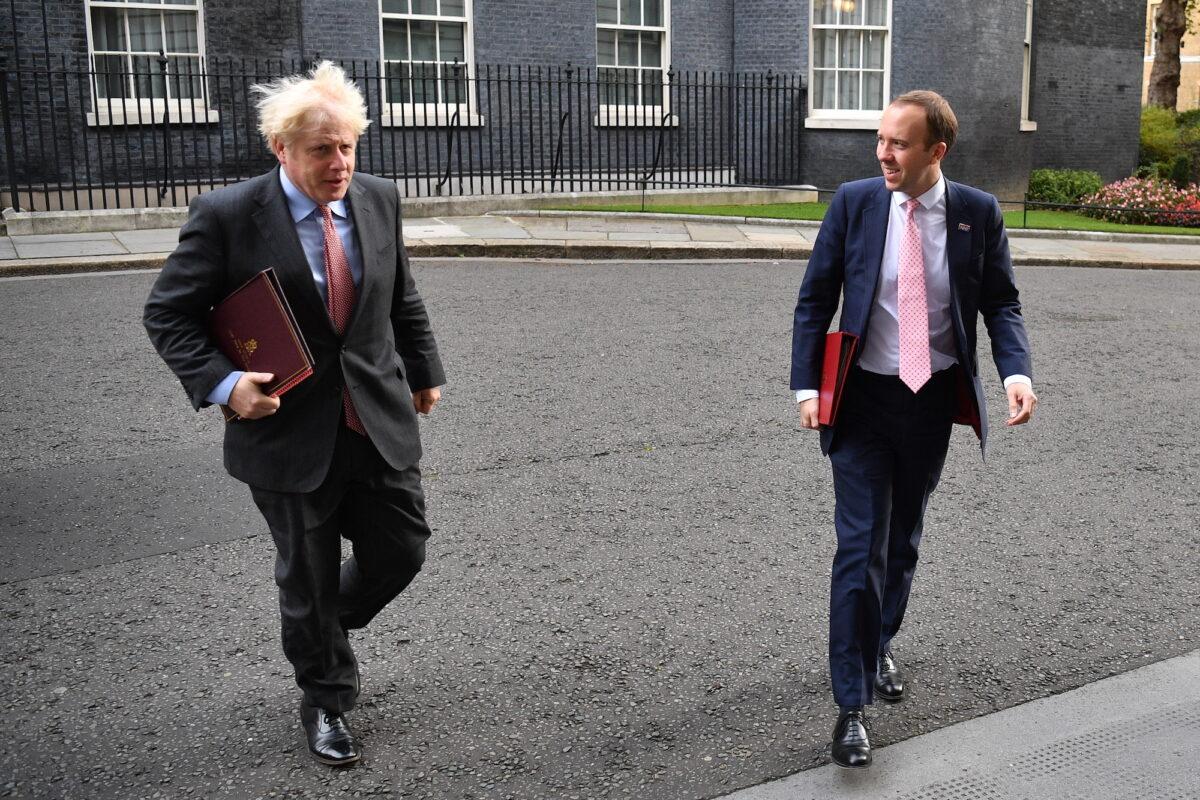
By March 12, 2020, data scientists in the government’s advisory team and “various outsiders” began “shouting” for lockdowns, Cummings said.
He described how he and a small team “got Boris in a room” to “talk to him through the reality” with the help of some whiteboards, referring to a projected model by a team led by Neil Ferguson, a professor of mathematical biology at Imperial College London, that suggested up to half a million people could die from COVID-19 without restrictions.
Cummings also said that they “explained” to Johnson that Hancock was “pushing the idea that there is only this one way is single-wave herd immunity plan” because he didn’t understand the situation, and that resistance to lockdowns would soon become politically unsustainable.
He said advice at the time that said people wouldn’t tolerate restrictions for more than a few weeks “turned out to be complete nonsense.”
Johnson announced the first national lockdown on March 23.
Cummings’ comments echo an earlier revelation by Ferguson, who was dubbed “professor lockdown” for his modelling that influenced ministers’ decisions.
Broken Lockdown Rules
Johnson, Hancock, Ferguson, and Cummings all got in trouble for breaking lockdown rules during the pandemic.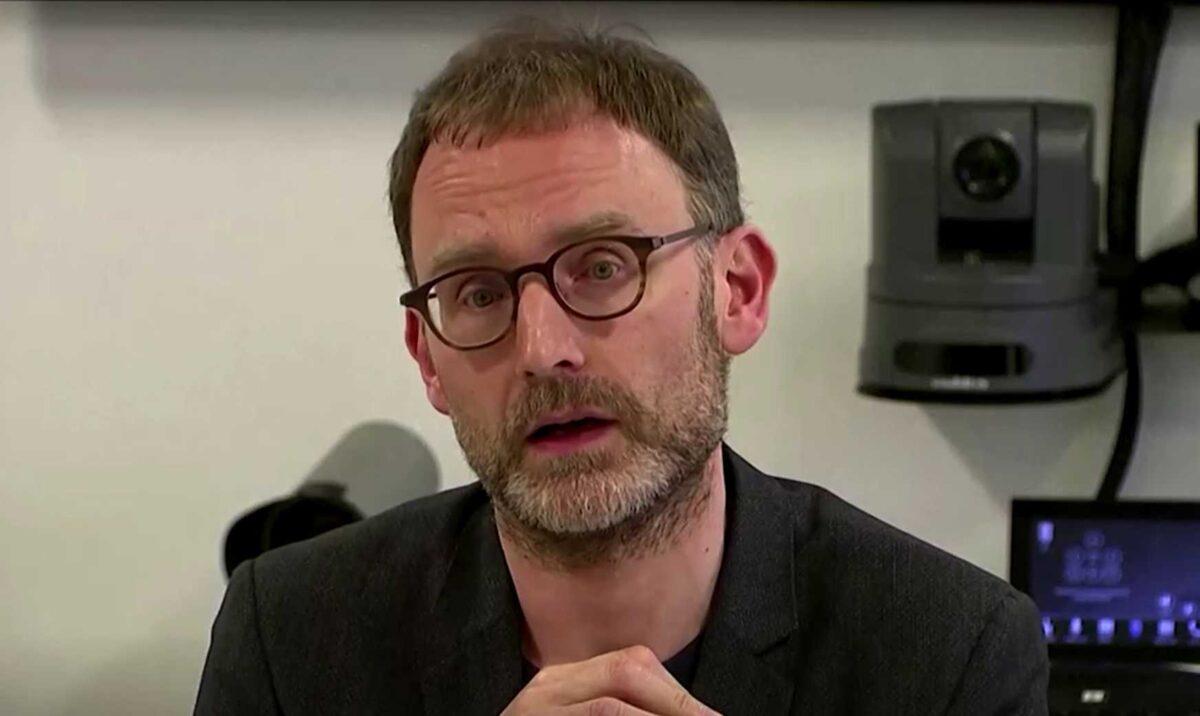
Since December 2021, Johnson was mired in the so-called Partygate scandal for months as media reported on gatherings in Downing Street and Whitehall.
The Deep State
Asked “who really runs the UK,” Cummings said he was surprised that donors have “remarkably little influence” and it was the officials that made decisions.“COVID’s a classic example of this.”
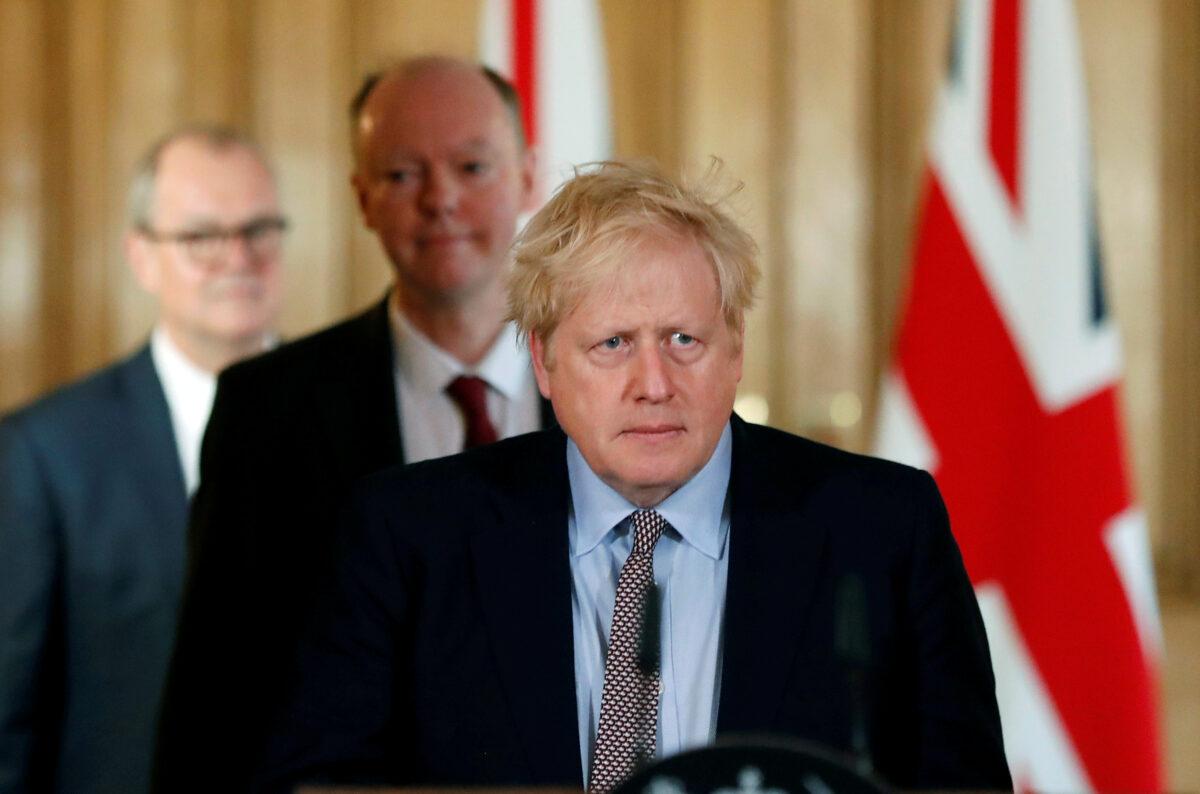
Cummings said while the media reported disagreements among ministers over COVID-19 policies, “in fact, almost always ... these ministers had absolutely nothing to do with anything important, and the decisions were taken almost entirely by officials with almost no ministerial input at all.”
He said officials, particularly private secretaries, make 99 percent of the decisions, while the prime minister and chancellor of the exchequer made few but “big” decisions.
Asked whether it’s fair to call the officials a “deep state,” Cummings said he believed it is fair in the sense that “they are a kind of deeply entrenched institutions, which actually practically controls huge amounts of what happens with zero to very little democratic insight or even knowledge and understanding.”
“That is unarguably the case,” he said, adding that it doesn’t mean there are conspiracies going on.
Cummings believes on the one hand it’s “for the good” that “brilliant 30-year-old women who no one’s heard of and no one elected [are] actually running things” because “the quality of the elected people is so desperately bad now across Western governments.”
On the other hand, it means the institutions become “incredibly stale and self reinforcing” to the point “almost nothing can change in any way, including by the deep state itself,” he said.
